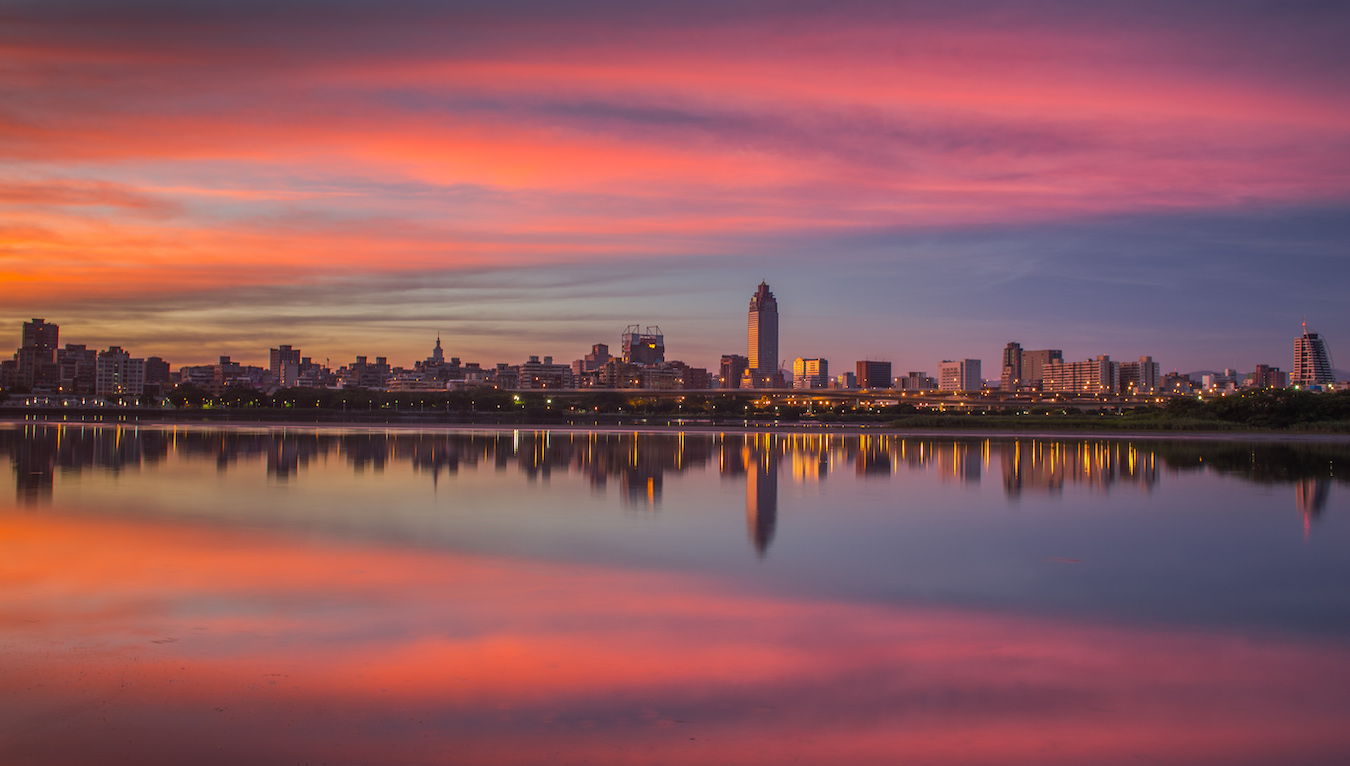by Brian Hioe
語言:
English
Photo Credit: Jirka Matousek/Flickr/CC BY 2.0
AN INVESTIGATION by the Liberty Times, the major newspaper of the pan-Green camp and Taiwan’s most widely read newspaper, showed that 30% of the 456 borough chiefs in Taipei had taken constituents on trips to China that were subsidized by the Chinese government this year. This was released shortly after Reuters reported on the phenomenon of borough chiefs traveling to China for such subsidized trips, detailing that 400 trips had taken place in the last month.
This serves to demonstrate the extent of United Front influence operations in Taiwan, then. According to DPP Taipei city councilors Chien Shu-pei and Chen E-jun, such trips cost between 10,000 NT and 15,000 NT, and lasted for six days. Other reports suggest varying costs, including trips costing only 6,000 NT, that were free, as well as varied lengths, such as for eight days and seven nights.
The phenomenon of borough chiefs taking constituents on trips to China was already known, though not widely reported on. Since then, pan-Green politicians have sought to call attention to the issue, with some showing photos of advertisements for the trips. Some of these advertisements refer directly to taking directives from Xi Jinping’s leadership. Participants in such trips were required to sign papers that they would support certain political parties in Taiwan, or oppose Taiwanese independence.
Such trips have also been reported as having been arranged in Kaohsiung and other locales across Taiwan. Reportedly, more than 1,000 borough chiefs across Taiwan have participated in visits to China, with destinations including Wuxi, Jiangsu, Shandong, Xiamen, and other places. Destinations visited during these trips include factories, historical sites, and infrastructure from the Belt and Road Initiative.
The investigation suggests that some borough chiefs met with members of the National People’s Congress Standing Committee during these trips. Other trips included former members of the ROC military, who met with Chinese generals.
A number of related matters may be occurring, then. For one, the phenomenon of former military officials traveling to China to meet with Chinese counterparts was already known. There were longstanding concerns that during such exchanges, former military officials could potentially leak military secrets.
 Photo credit: ynes95/Flickr/CC BY-SA 2.0
Photo credit: ynes95/Flickr/CC BY-SA 2.0
There have been similar concerns about Taiwanese lawmakers from the pan-Blue camp who travel to China, particularly those who serve on committees that deal with sensitive military matters. Such concerns have recently been raised about KMT lawmaker Ma Wen-chun, who is accused of leaking military secrets to China and South Korea as part of efforts to stymie Taiwan’s domestic submarine program.
To this extent, there have long been concerns about China seeking to engender positive views of itself in Taiwan through subsidizing tour groups. Tour groups that visit China are shown a selectively curated version of China intended to show the economic and political benefits that Taiwan could have if it unified with China, or to emphasize cultural and historical links between Taiwan and China. Indeed, one notes that China sometimes targets specific minority communities, such as Indigenous or Hakka. Indigenous tour groups, for example, are taken to sites that show how well “ethnic minorities” are treated in China.
Ironically, one sees a parallel phenomenon with Chinese tour groups that visit Taiwan. Namely, Chinese tour groups are shown a selective version of Taiwan that emphasizes the links between Taiwan and China. Aspects of Taiwan that rupture this view are passed over, with the sites that tour groups visit being relatively isolated from Taiwanese society as a whole.
Borough chiefs are the lowest level of elected representative in Taiwan. As such, in targeting borough chiefs, this would be targeting politics at the grassroots level. In cultivating relationships with borough chiefs, China seeks to influence the communities they manage, or hopes that disinformation can be spread from borough chiefs at the grassroots level in politics. It proves harder to trace disinformation that originates in this way, as compared to online disinformation.
Seeing as tour groups subsidized by China is not exactly a new phenomenon, it is to be seen if any action is taken on the issue. Certainly, at this late stage, the pan-Blue camp can allege that the DPP is simply targeting politically opposing forces through efforts to crack down on this phenomenon. Indeed, probably to avoid such criticisms, the Tsai administration has stated that only officials who participated in tour groups organized through travel agencies would receive censure, but not through other means.

